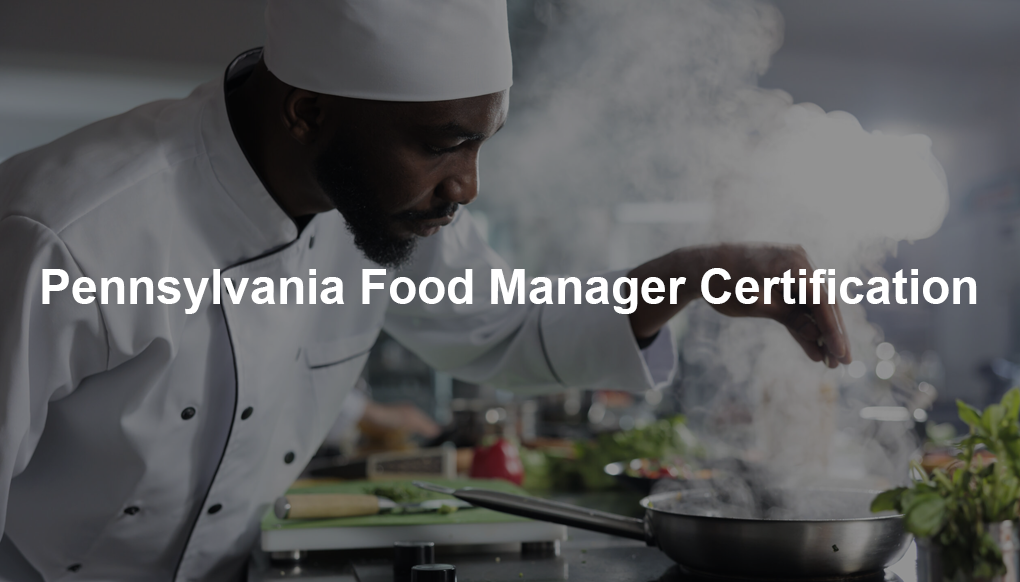$99.95
Gold Package
- ANSI National Accreditation Board (ANAB) Accredited Online Food Manager Exam Includes $46 Proctor Fee
- Online Training Course
- 10 Review Sections
- 160 Sample Test Questions
- One Free Retest
-
Instant Certificate with
passing grade
- English or Spanish
- ANSI National Accreditation Board (ANAB) Accredited Online Food Manager Exam Includes $46 Proctor Fee
- Online Training Course
- 10 Review Sections
- 160 Sample Test Questions
- One Free Retest
-
Instant Certificate with
passing grade
- English or Spanish
$69.95
Exam Only
- ANSI National Accreditation Board (ANAB) Accredited Online Food Manager Exam Includes $46 Proctor Fee
- Online Training Course
- 10 Review Sections
- 160 Sample Test Questions
- One Free Retest
-
Instant Certificate with
passing grade
- English or Spanish
$49.95
Training Only
- ANSI National Accreditation Board (ANAB) Accredited Online Food Manager Exam Includes $46 Proctor Fee
- Online Training Course
- 10 Review Sections
- 160 Sample Test Questions
- One Free Retest
-
Instant Training Certificate
(no food manager exam)
- English or Spanish
* Diamond Package – In order to qualify for the Free Retest, you must complete the ENTIRE online training and sample tests BEFORE taking the initial Food Manager exam. The 1 free retest must be taken within 6 months of not passing the first time. All other retests will be $69.95.
- 100% Online, Accessible 24 hours a Day, 7 Days a Week
- Start, Stop and Resume Training Course as Needed
- Course Duration: 4 Hours Exam Duration: 2 Hours
- Courses and Exam Expire 1 Year From Purchase Date
- Exam Passing Score 70%
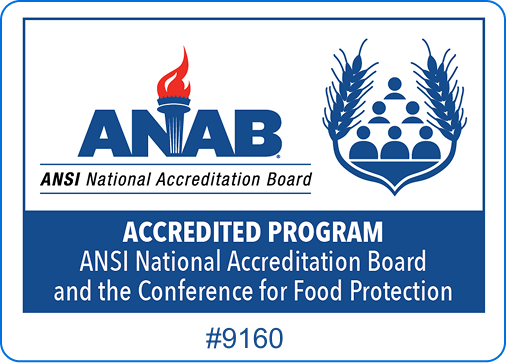
- ANSI National Accreditation Board (ANAB) Accredited Food Manager Certification
- Print Your Food Manager Certificate Immediately After Passing Your Exam
- Group Registrations: Keep Track of All Employees in One Area
- Certification Valid for Up to 5 Years
- Health Department Approved in All 50 States
- Watch a 1 minute video on how to manage your group. Click here

We guarantee approval of the Certified Food Protection Manager Program by the health department.
Please click to view the nationally recognized ANSI accreditation for Food Protection Manager.
OUR CLIENTS
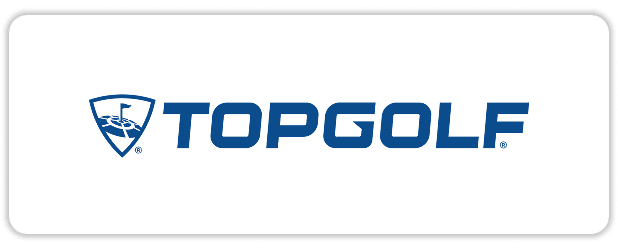


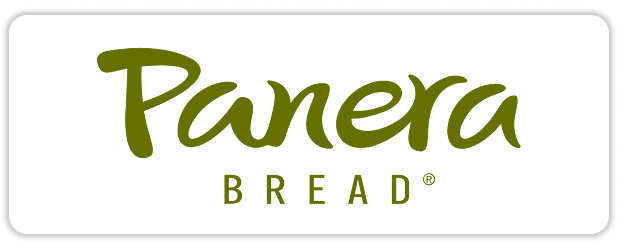
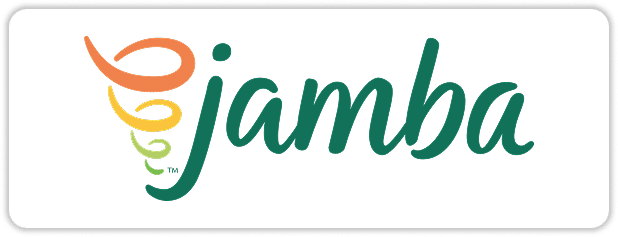


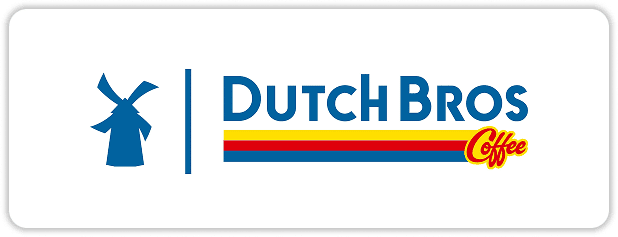

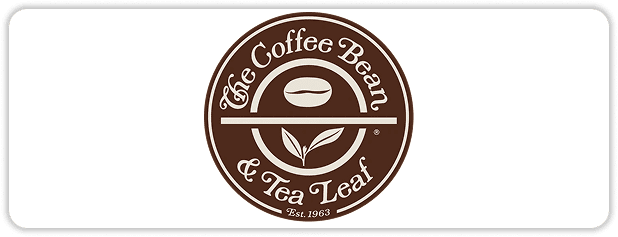
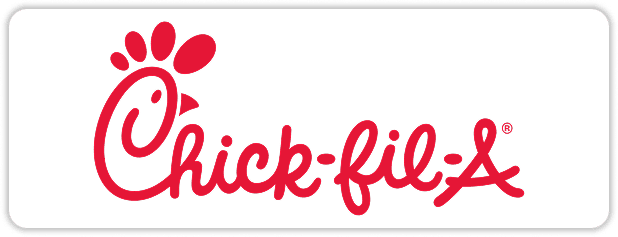

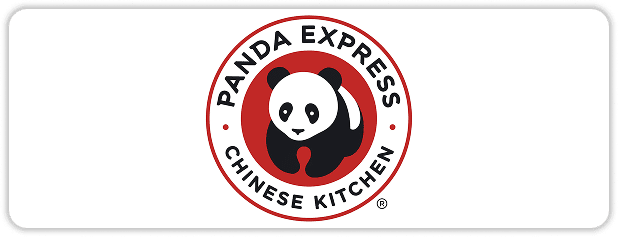
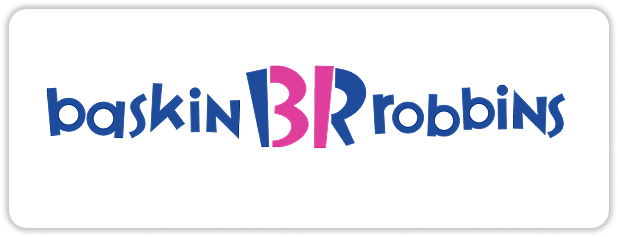


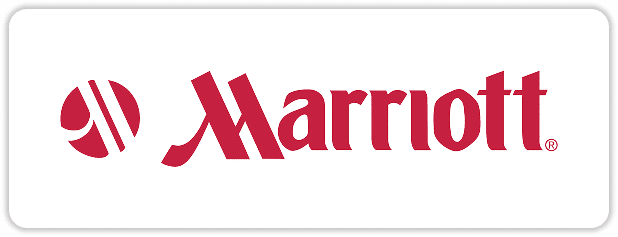


BENEFITS OF TRAINING

PREVENT
Education is the best tool to prevent, minimize, or eliminate foodborne illnesses and food hazards.
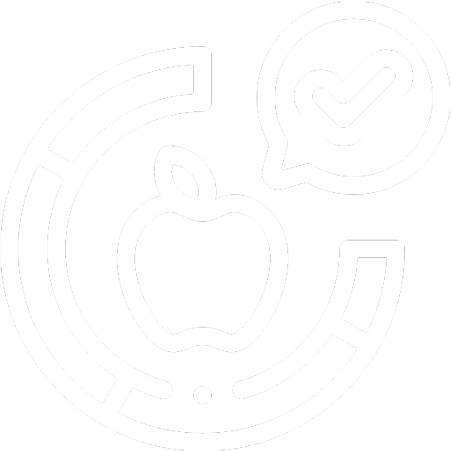
AWARENESS

ELIMINATE
Training helps reduce or eliminate food safety hazards before they become major issues.

MINIMIZE

PRODUCTIVITY
Reducing food safety complaints will create a happier workplace and in turn increase productivity.

WORKPLACE SATISFACTION
WHY CHOOSE US

- Satisfaction Guarantee
- Online Interactive Course
- Meets and Exceeds State Guidelines
- Price Match Guarantee
- Owners and Managers: Manage, Track and Record Employee Progress
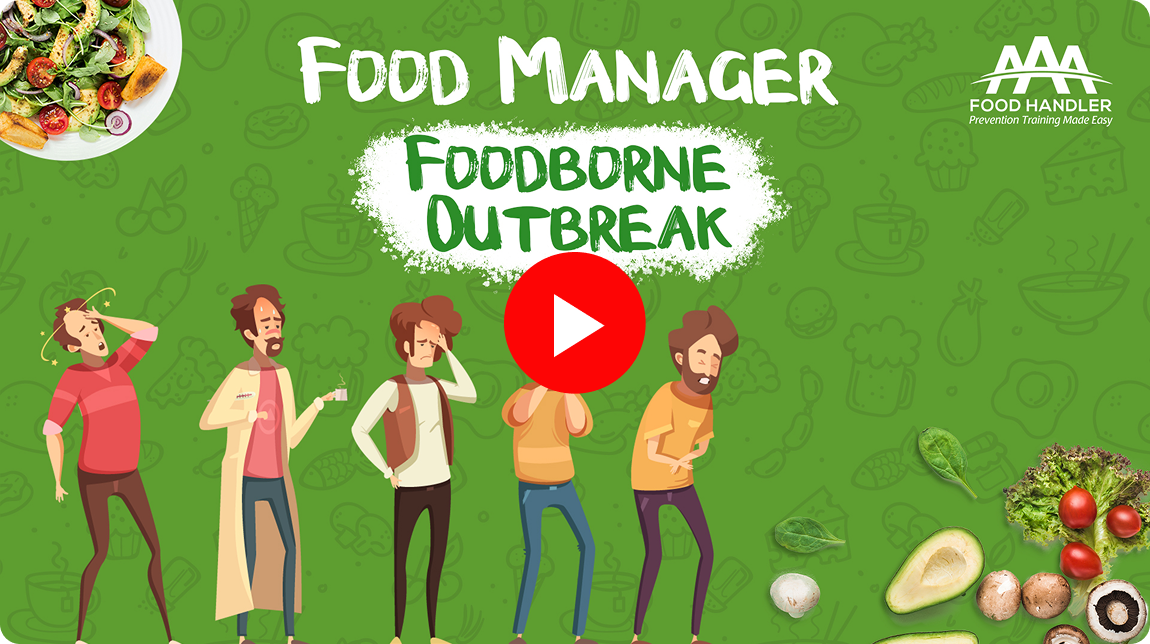
Getting Food Manager Certification Is Quick and Hassle-Free
Numerous professionals nationwide have already earned and renewed their card with AAA Food Handler — a trusted name in food safety training.
FREQUENTLY ASKED QUESTIONS (FAQs)
What Does the Food Protection Manager Certification Demonstrate, and Why Is It Critical for Pennsylvania Food Establishments?
Pennsylvania Food Manager Certification demonstrates your expertise in food safety management, helping to prevent foodborne illnesses and maintain compliance with Pennsylvania’s food service laws.
Is the Pennsylvania Food Manager Certification Accredited by the ANAB and the Conference for Food Protection (CFP)?
Yes. The AAA Food Handler Food Manager Certification is accredited by the ANAB and meets standards set by the Conference for Food Protection (CFP), making it valid across Pennsylvania and nationwide.
Why Should I Choose an ANAB Accredited Program for My Certification?
Selecting a program accredited by the ANAB ensures that your certification meets nationally recognized food safety standards, helping you gain trust and compliance recognition across Pennsylvania and beyond.
Is the Pennsylvania Food Manager Certification Accepted for Healthcare and Dietary Facilities?
Yes. The AAA Food Handler program meets food safety requirements outlined in CFR § 483.60, making it an approved choice for healthcare kitchens, long-term care facilities, hospitals, and dietary service operations throughout Pennsylvania.
Which Food Safety Rules Must Pennsylvania Food Managers Follow to Stay Compliant?
Pennsylvania food managers must adhere to regulations modeled after the FDA Food Code, ensuring they maintain safe food handling, sanitation practices, and supervisory oversight in food establishments statewide.
How Are Food Manager Certifications Verified for Compliance in Pennsylvania?
In Pennsylvania, compliance is verified by requiring food establishments to employ Certified Food Protection Managers who have earned certification through an ANAB accredited program, following FDA Food Code principles.
How Does the Pennsylvania Food Code Influence Food Manager Certification Requirements?
Pennsylvania’s food safety regulations closely follow the FDA Food Code, requiring food establishments to have at least one Certified Food Protection Manager to oversee proper food handling and sanitation practices.
Can I Complete the Food Protection Manager Training and Certification Exam Entirely Online in Pennsylvania?
Yes. With AAA Food Handler, you can complete both the food manager training and the certification exam 100% online. The exam is remotely proctored to maintain security and meet ANAB accreditation standards.
What Happens After I Pass the Pennsylvania Food Manager Certification Exam?
Once you pass, you can immediately download and print your official Food Manager Certificate. You will then be recognized as a Certified Food Protection Manager (CFPM) under Pennsylvania’s food safety compliance rules.
Which Certification Package Should I Choose Based on My Goals: Gold, Diamond, Exam Only, or Training Only?
The Gold Package offers comprehensive training and exam preparation. The Diamond Package includes a one-time free retest for added security. If you feel confident without training, the Exam Only package is ideal, while the Training Only option is perfect for those who prefer to study before scheduling an exam.
Can Pennsylvania Businesses Manage Multiple Employee Certifications Through Group Registration?
Yes. Our Group Registration system allows business owners and managers to enroll multiple employees, track their training progress, monitor exam results, and manage certificates—all from one convenient dashboard.
Which Regulatory Guidelines Shape Food Manager Certification Requirements in Pennsylvania?
In Pennsylvania, food establishments licensed by the state must have at least one staff member who holds a certified food protection manager (CFPM) credential. This certification is essential for demonstrating knowledge of proper food safety practices.
Exceptions apply to certain low-risk operations,such as those selling only sealed, prepackaged items—and some nonprofit organizations.
The certified manager doesn’t need to be present during all business hours but must be reachable at all times the facility is operating. Each certified individual may only be designated for one location.
To earn certification, candidates must pass an exam from an ANSI-CFP accredited program, like the one provided by AAA Food Handler.
It’s also important to know that several counties in Pennsylvania oversee their own food safety manager regulations. These include:
Allegheny County
Bucks County
Chester County
Montgomery County
Philadelphia County
State College Borough
If your business falls under one of these jurisdictions, be sure to consult the local health department to confirm accepted training providers and specific guidelines.



